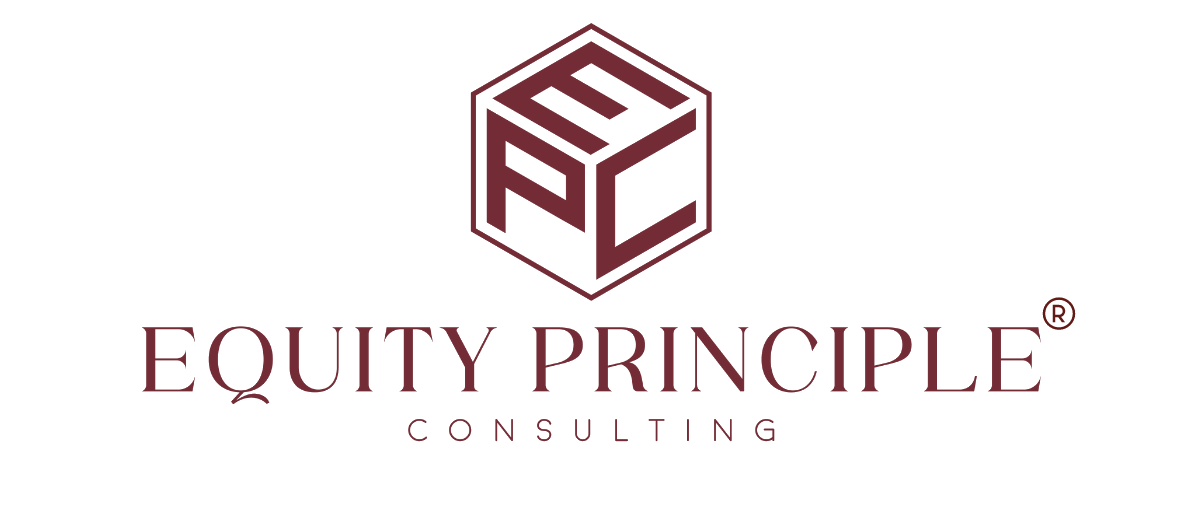Posts Tagged ‘workplace culture’
Institutional Neutrality: The Subtle Adversary of Diversity and Equity
Institutional neutrality refers to organizations deliberately choosing not to take a stance on social, political, or cultural issues. Often perceived as a balanced approach, this neutrality can inadvertently uphold inequality and oppression, particularly impacting marginalized groups within these organizations. Neutrality is a conscious decision to avoid alienating any group, distinguishing it from mere inaction. Yet,…
Read MoreNavigating DE&I Commitment Amid Political Challenges
Upholding a company’s diversity, equity, and inclusion (DE&I) commitment can sometimes feel like navigating a minefield, especially in today’s political climate. External pressures and anti-DE&I rhetoric gaining traction in some sectors present real challenges for organizations striving to foster inclusive cultures. This backdrop is fertile ground for doubt and skepticism among staff, particularly when they…
Read MoreThe #FutureofWork: Shifting to a 4-day Workweek
In a world where employee burnout is escalating, forward-thinking organizations are spearheading a not-so-new concept to enhance employee well-being: the adoption of a 4-day workweek. This innovative approach is not uniform; it varies from one organization to another. Some opt for a 32-hour schedule spread across four days, whereas others squeeze the traditional 40 hours…
Read MoreData-Driven DEI: Uncovering the Unmined Goldmine for Workplace Inclusivity
In our quest for genuine inclusivity within workplaces, data-driven Diversity, Equity, and Inclusion (DEI) strategies are pivotal yet often overlooked. While many leaders acknowledge the importance of DEI, there’s a critical gap in effectively utilizing data to inform and shape these efforts. This oversight leads to missed opportunities in creating environments where every individual feels…
Read MoreThe Myth of Meritocracy: A Closer Look at Privilege and Bias
The allure of meritocracy lies in its promise: that hard work and talent alone dictate success. This concept appeals to our sense of fairness, suggesting that anyone can rise to the top with enough effort. But this is the myth of meritocracy. This ideal or vision of an equal playing field overlooks the subtle yet…
Read More





